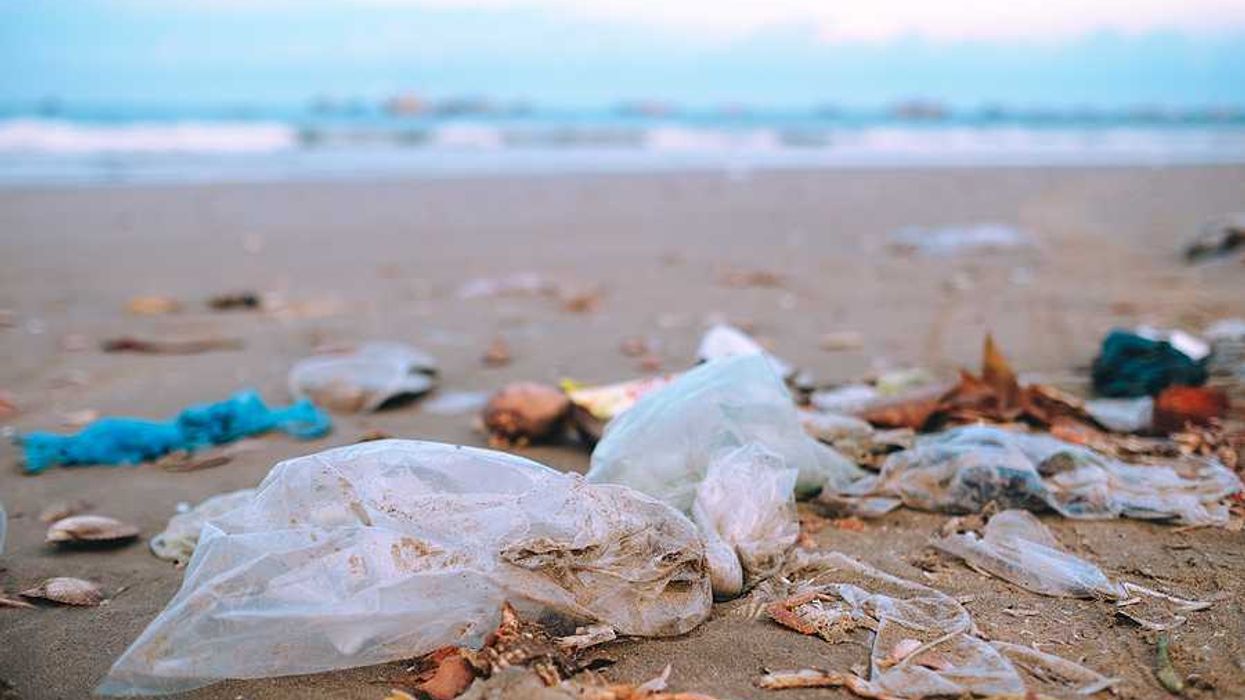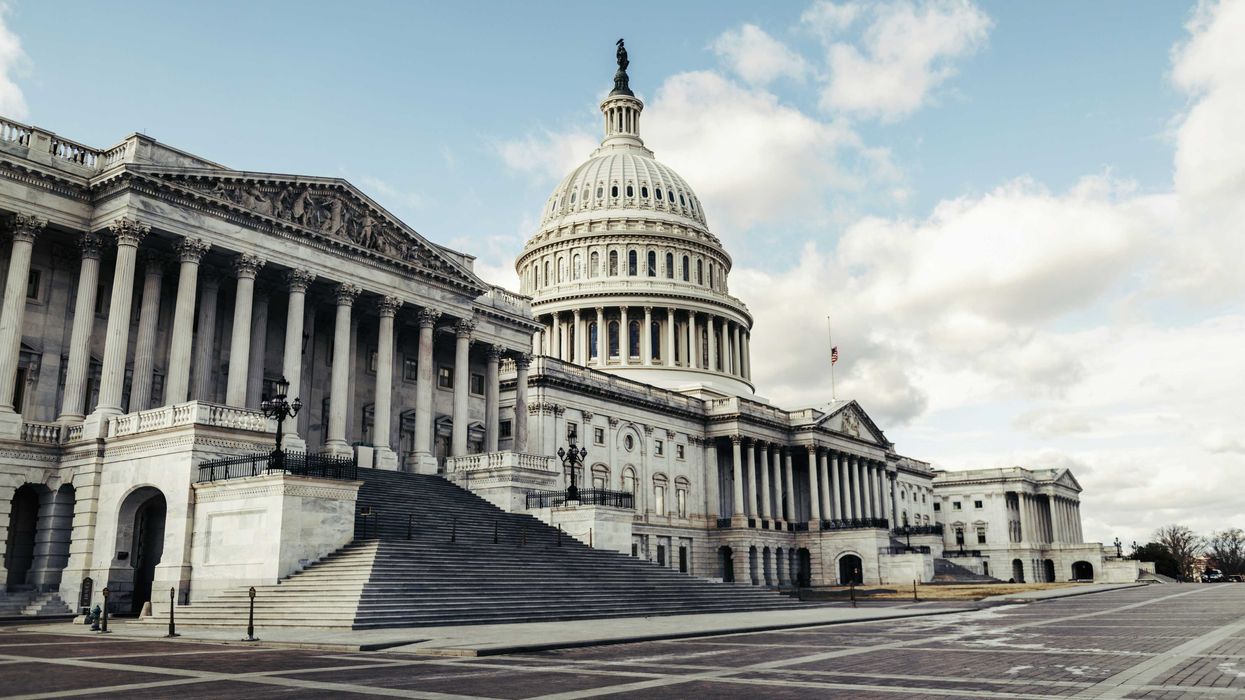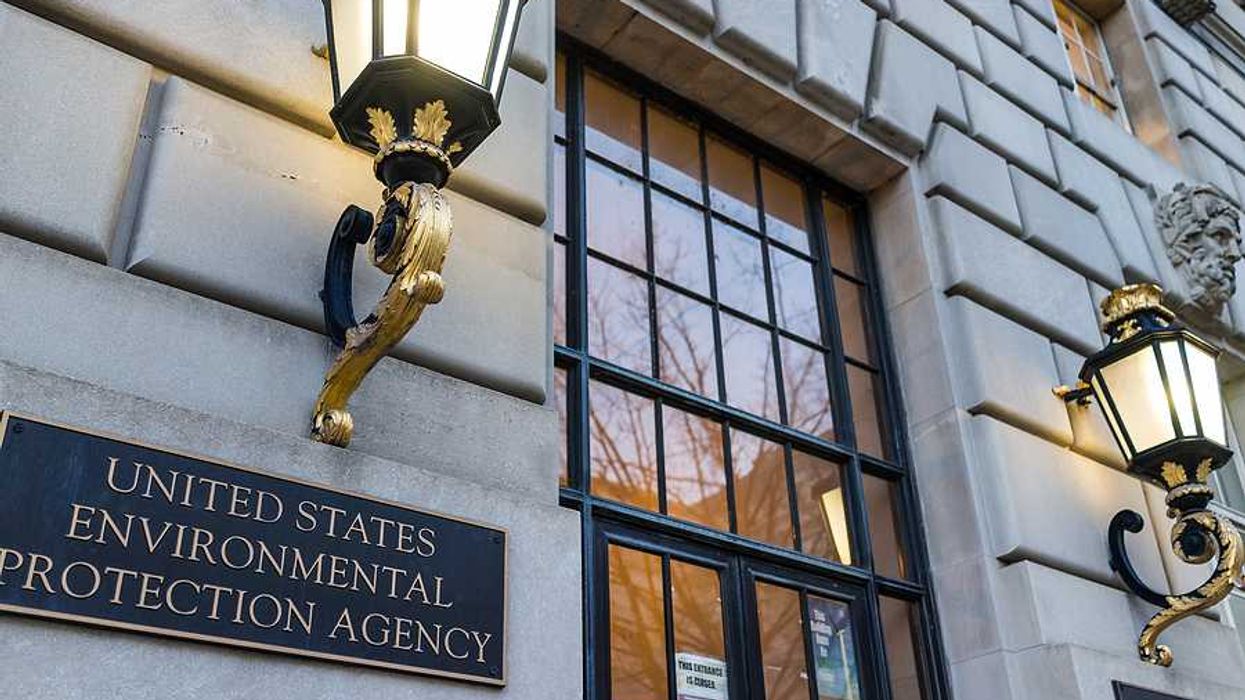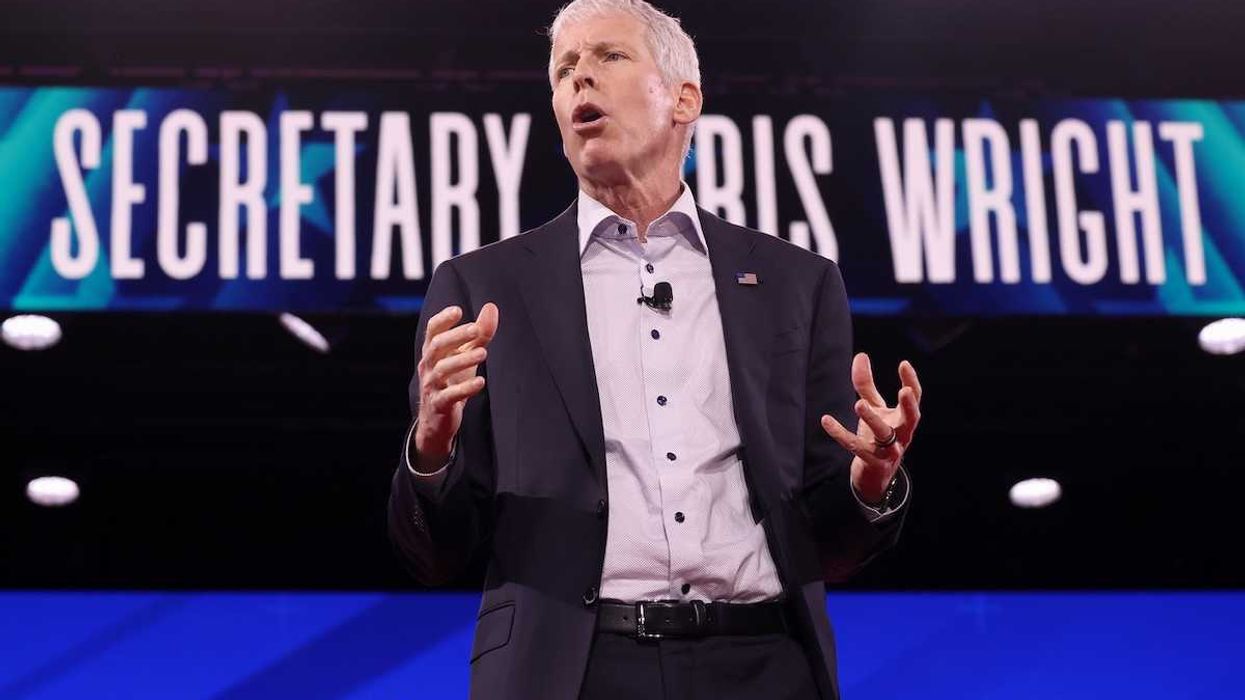Lynn Dekleva, who previously led efforts to block formaldehyde regulations on behalf of the chemical industry, has returned to the U.S. Environmental Protection Agency to oversee the approval of new chemicals.
Hiroko Tabuchi reports for The New York Times.
In short:
- Dekleva, a former lobbyist for the American Chemistry Council and longtime DuPont employee, now runs an EPA office responsible for chemical approvals.
- The industry group she worked for has pushed to weaken formaldehyde regulations, despite scientific consensus linking the chemical to cancer and other health risks.
- The council is also advocating for faster EPA chemical approvals and has backed legislation to dismantle the agency’s chemical risk assessment program.
Key quote:
“They already have a track record of ignoring the science. Now, they’re in charge of government agencies that decide the rules.”
— Tracey Woodruff, director of the Program on Reproductive Health and the Environment at the University of California, San Francisco
Why this matters:
Formaldehyde, a colorless but strong-smelling gas, is a staple in many household products, from pressed-wood furniture and flooring to adhesives and cosmetics. But its widespread use has long been shadowed by concerns over its health effects — most notably, its classification as a known human carcinogen by the International Agency for Research on Cancer and the U.S. National Toxicology Program. For years, public health experts and environmental advocates have pushed for stronger regulations, warning that formaldehyde exposure — especially in indoor environments — could contribute to respiratory problems and increase cancer risks.
Yet efforts to tighten restrictions have faced consistent resistance from the chemical industry, which has lobbied to weaken safety assessments and cast doubt on scientific findings. With industry allies now holding key positions in agencies that oversee chemical safety, concerns are mounting that public health protections could be eroded.
Related: Two Trump-era chemical industry allies return to EPA, sparking concerns about weakened rules














